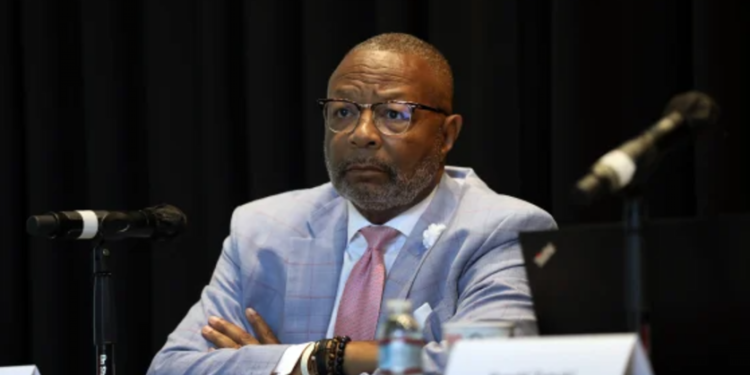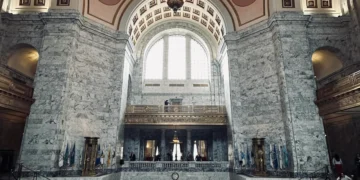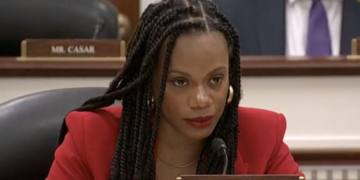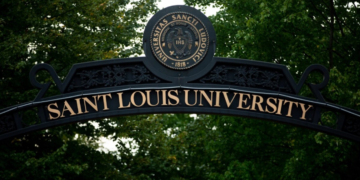Dec 3, 2024 Story by: Editor
Members of Boston’s Reparations Task Force have expressed that the shifting national political climate, particularly the rise of conservatism, has made their work even more crucial. Despite the panel not holding an official meeting for nearly nine months, the members are committed to completing their tasks.
“I’m disappointed, but not demoralized,” said task force Chair Joseph Feaster. “I intend to stay in the struggle. I believe my members of the task force and the city of Boston are committed to seeing this through, and that’s what I intend to assist them in doing.”
Carrie Mays, one of the four Black women on the task force, emphasized the importance of community-based historical work at this critical juncture.
“I do believe that it is up to our community and the efforts in initiatives like this [task force] to preserve history so that we can teach our own children and keep the legacies of our ancestors alive through our own voices,” Mays shared. She also noted that the reparations advocacy will likely align with the broader movement among Black women prioritizing self-care.
“I do not think that this is going to make the work stop, because at the end of the day, if we’re talking about Black women especially, they still have to go back to being nurturers, they still have to go back to being the mothers of their households and the mothers and the aunties and the stakeholders and the electeds of our community,” said Mays. “Like [rapper] Nipsey Hussle said, ‘The Marathon Continues.’”
Task force member George Greenidge added that Black family ancestors “expect us to carry on this work.”
“The movement of reparations for African Americans in this country has happened many years before Donald Trump’s presidency,” Greenidge stated. “And the work of reparations will exist and continue to flourish years after his four-year presidency.”
These remarks come as the nation anticipates a potential conservative majority in Congress and the Supreme Court, along with the possibility of Trump’s re-election. The task force is also nearing its self-imposed deadline to complete its work.
As outlined in the task force’s founding ordinance, the panel is set to dissolve by the end of the month unless the mayor acts to extend its mandate. The mayor’s office has confirmed that Mayor Michelle Wu has until December 31 to decide on the extension and is expected to grant one.
Since joining the task force in 2023, Chair Feaster has been compensated $10,000, while the other five remaining members have each received $7,500, according to the mayor’s office.
The task force faced several challenges at its inception, which put it behind the two-year timeline laid out in its ordinance. These difficulties have been discussed in the GBH News podcast What Is Owed?
In June, several task force members spoke at a City Council hearing, suggesting that oversight from the Wu administration had hindered their efforts. However, the task force has since hired a project manager. Khalid Mustafa, a former adjunct professor at Bunker Hill Community College and a freelance community organizer, was brought on by the city in October.
One major point of contention among task force members has been the lack of public meetings. The panel has not held a meeting since March, which Chair Feaster believes is practical since “there’s nothing for the task force to really meet about,” given that city-hired researchers are still working to document the history and legacies of slavery, which will inform the panel’s recommendations.
“And once we get our research, we will do that. … But at the present time, I don’t think that our failure to have a meeting should signal anything other than there’s not a need for this task force to have the meeting,” Feaster explained.
Other members, however, disagree.
“I believe that we should have more meetings simultaneously as the amazing work that the community is doing is happening,” said Mays, highlighting that the task force has awarded $70,000 to 26 community groups engaged in independent community outreach. “This reparations process, especially when it comes to the task force, is political, but also very logistical, so that means that there are administrative things that must be addressed … [that are] fundamental to moving this process forward.”
Greenidge also voiced support for more frequent meetings.
“I think there should be a meeting every month. However, that has not been the operating procedure,” he told GBH News. “I’m excited that I’ve been able to attend meetings with other task force sources in Atlanta and also I plan to attend another one with First Repair and Evanston. … I have no idea what projects and programs and things [other task force members have] been working on individually because we haven’t all been in the room together.” Source: WGBH

















